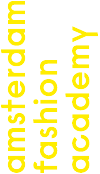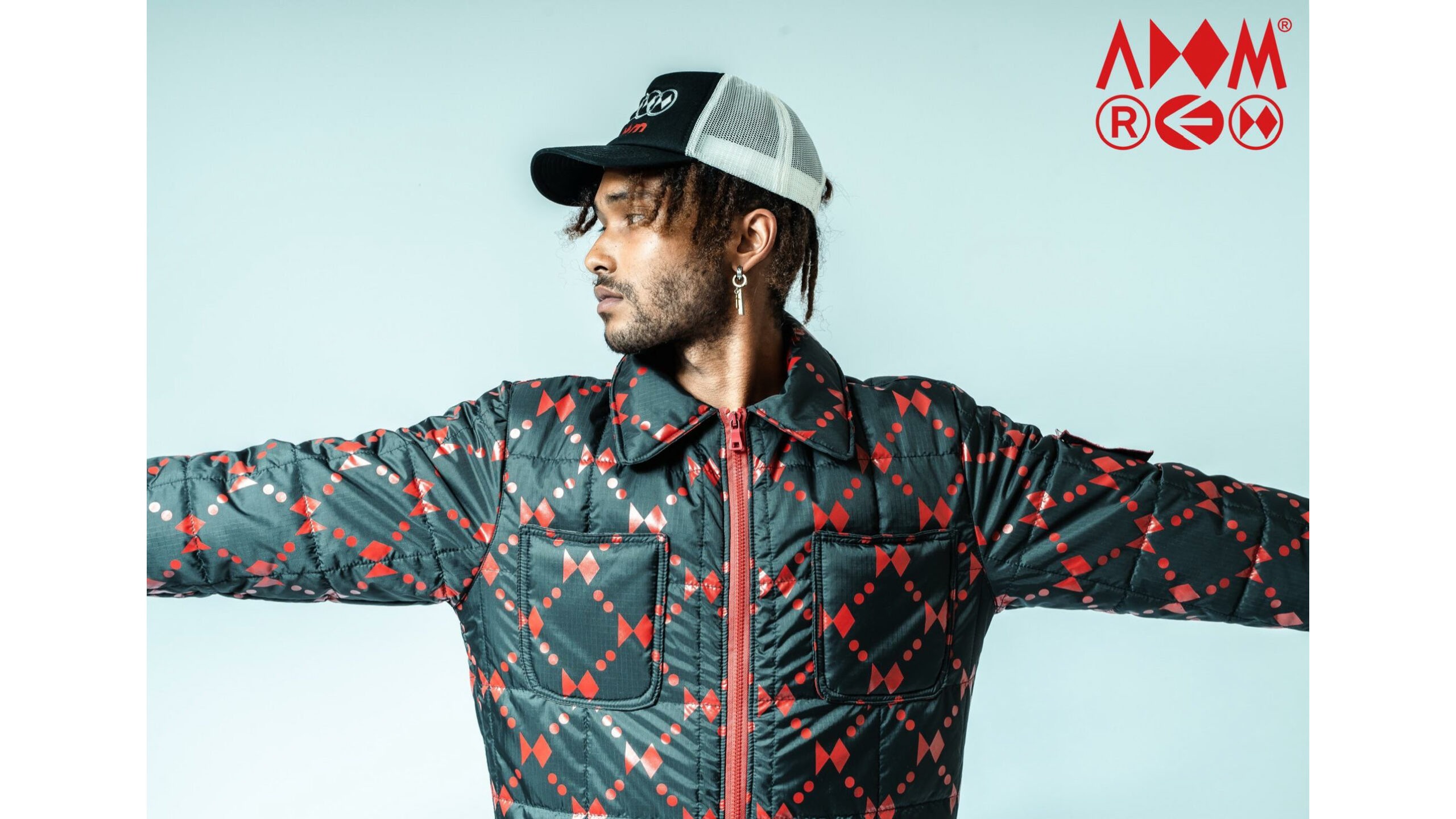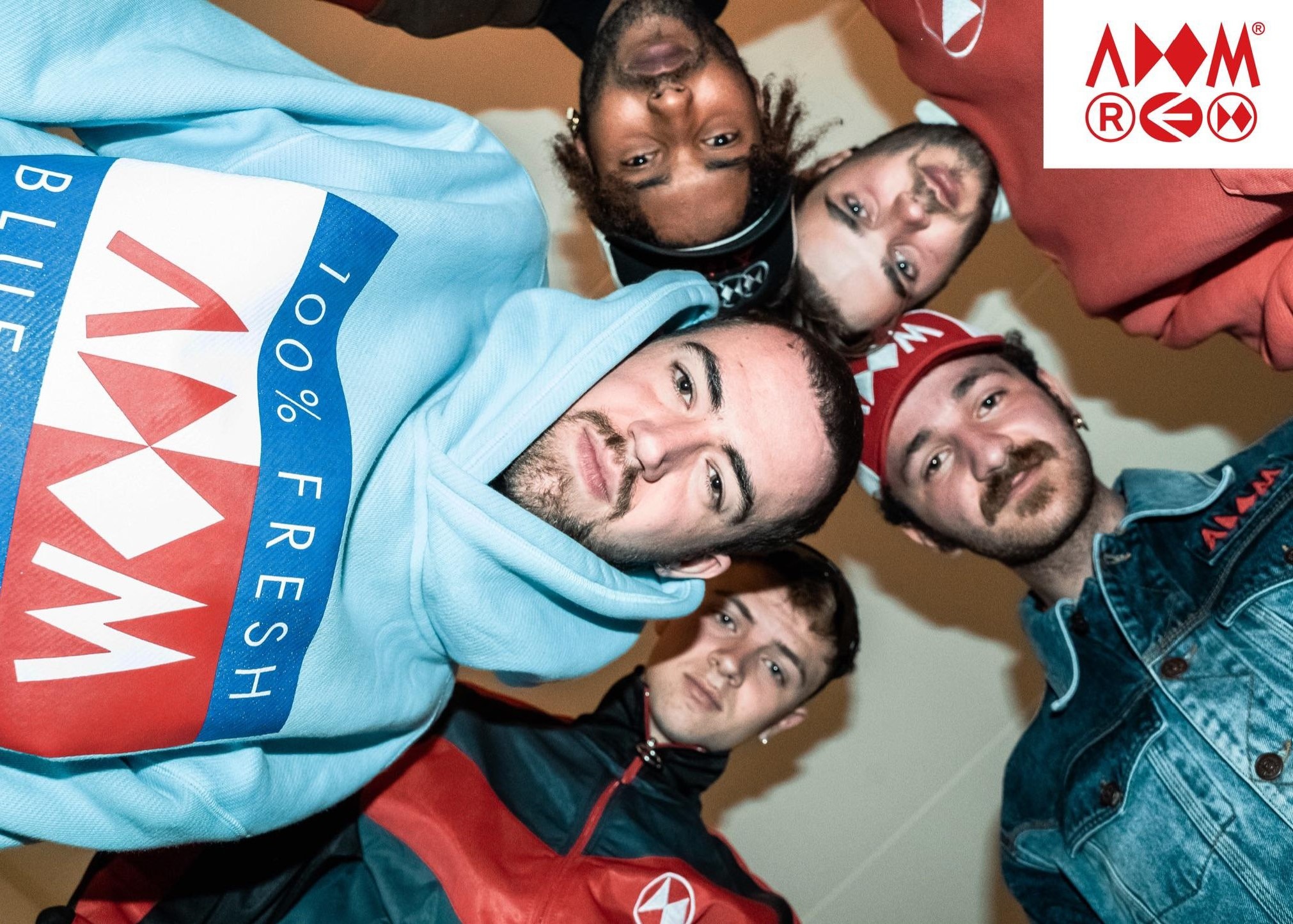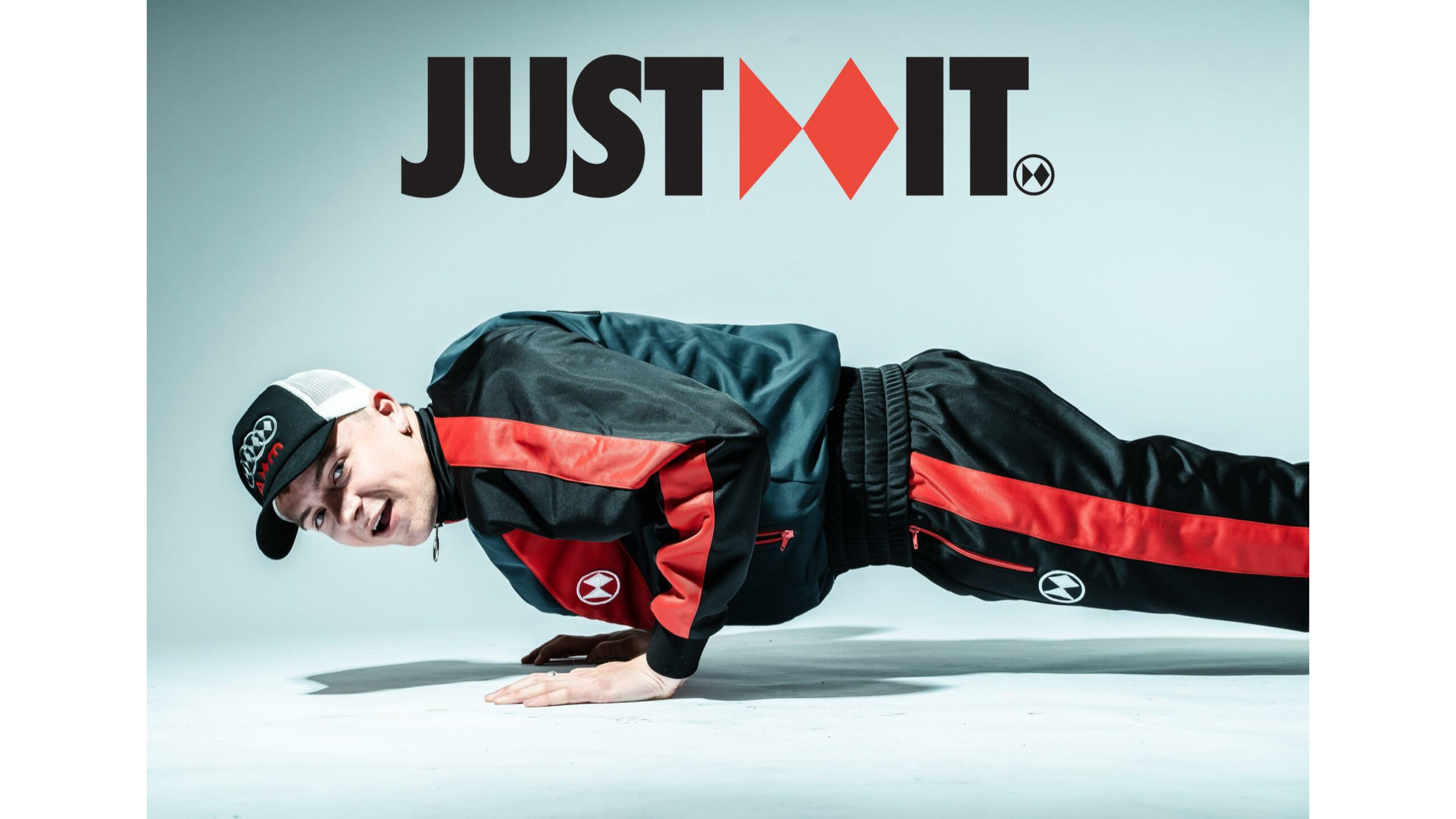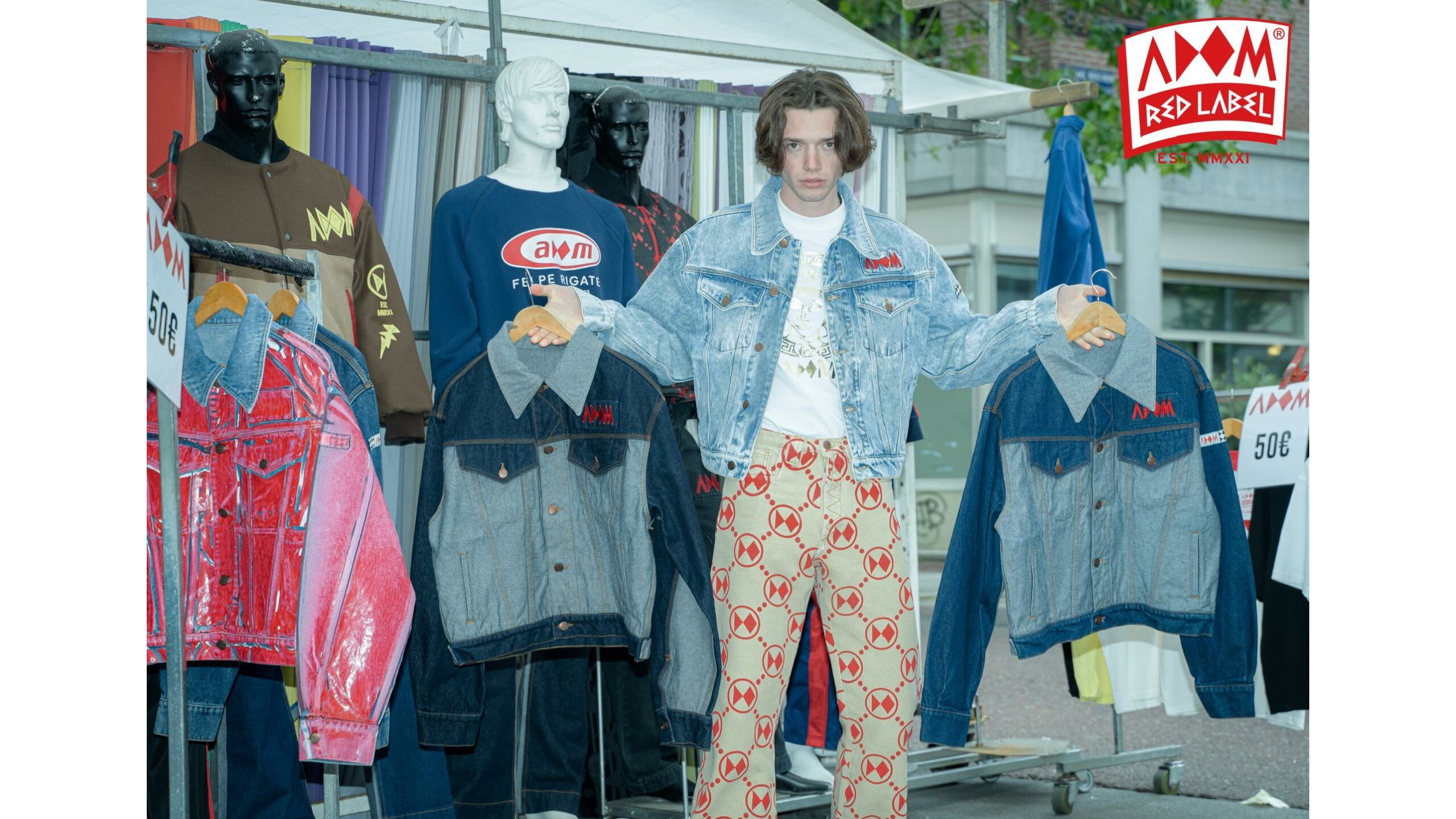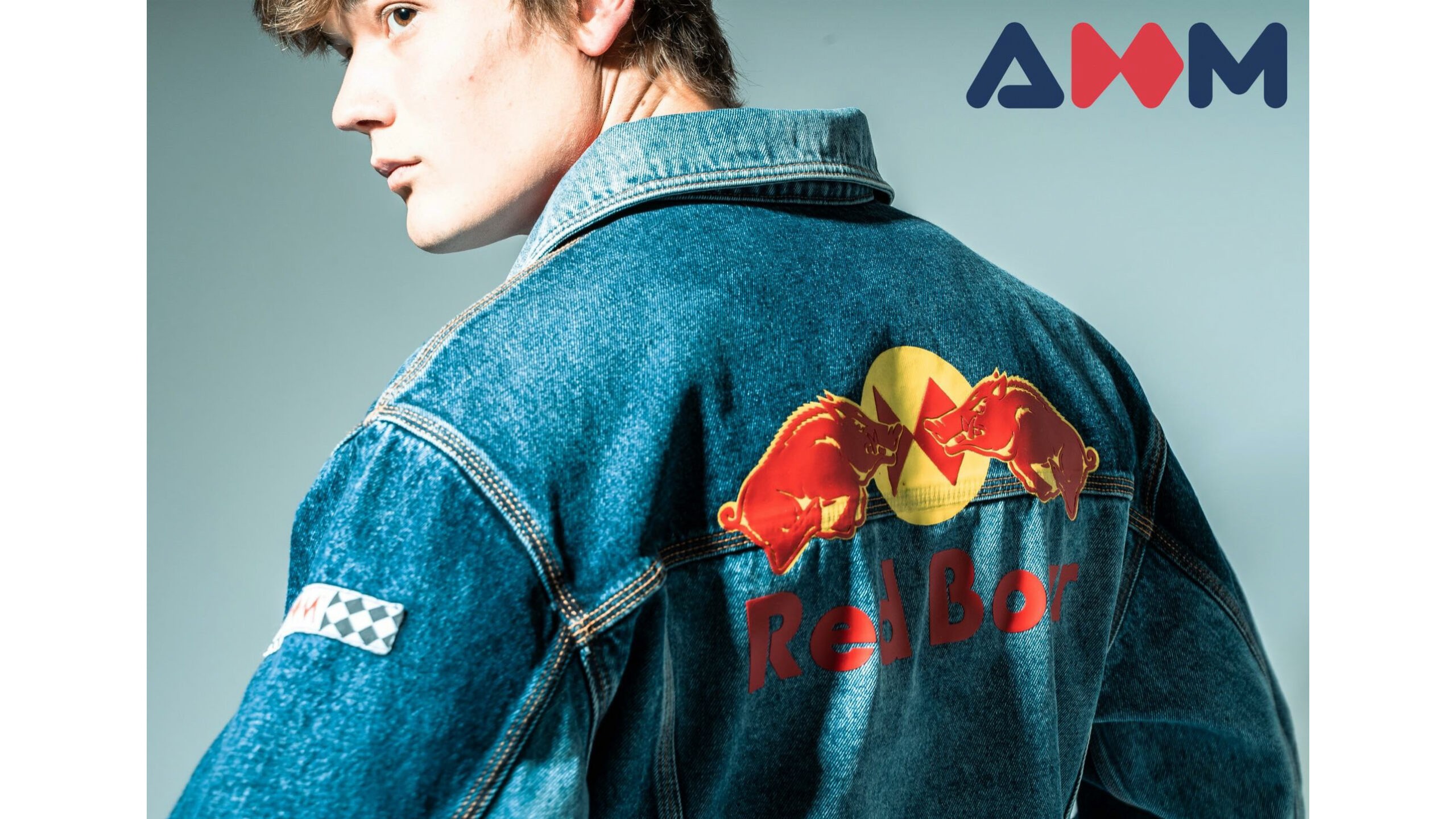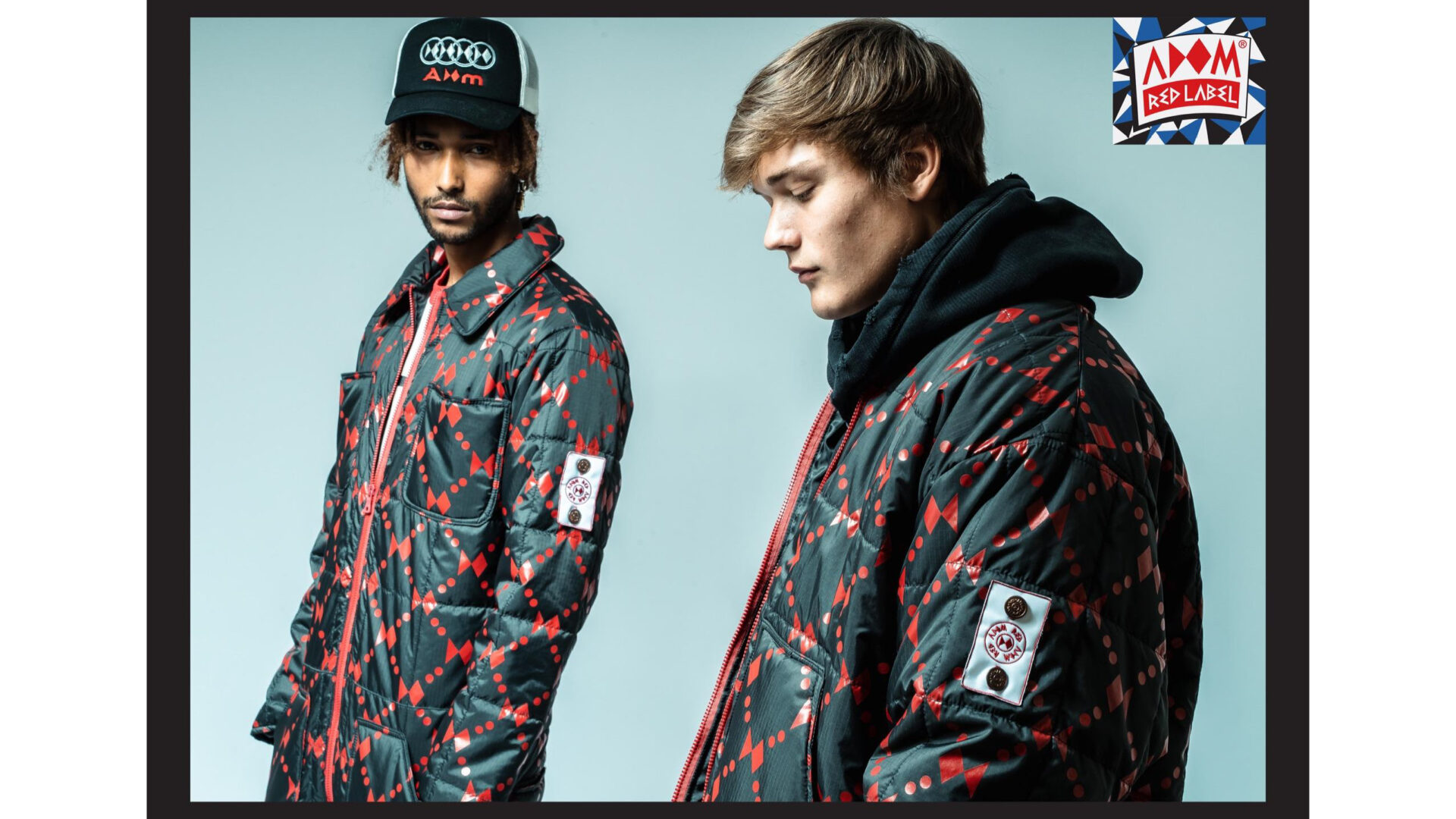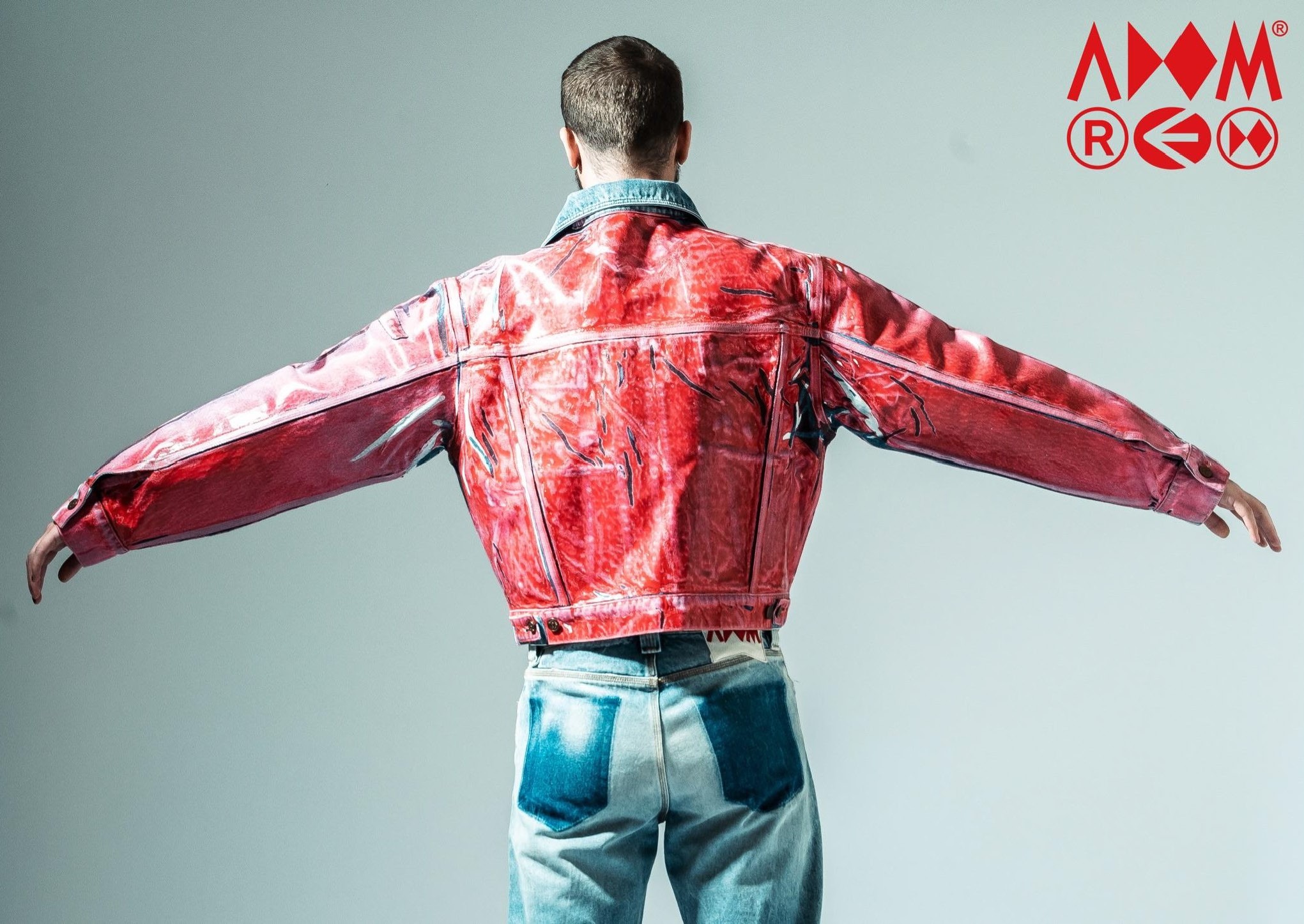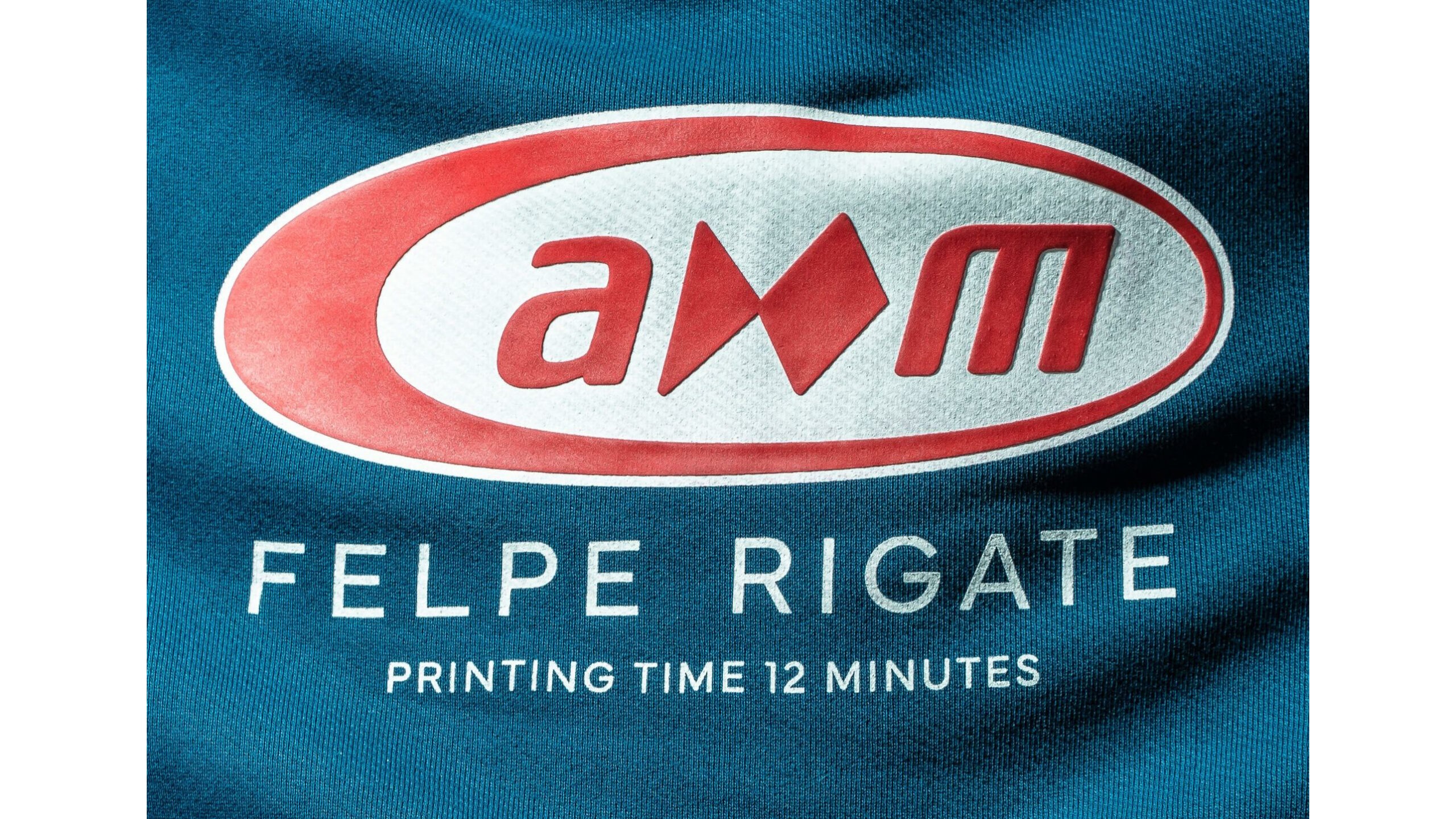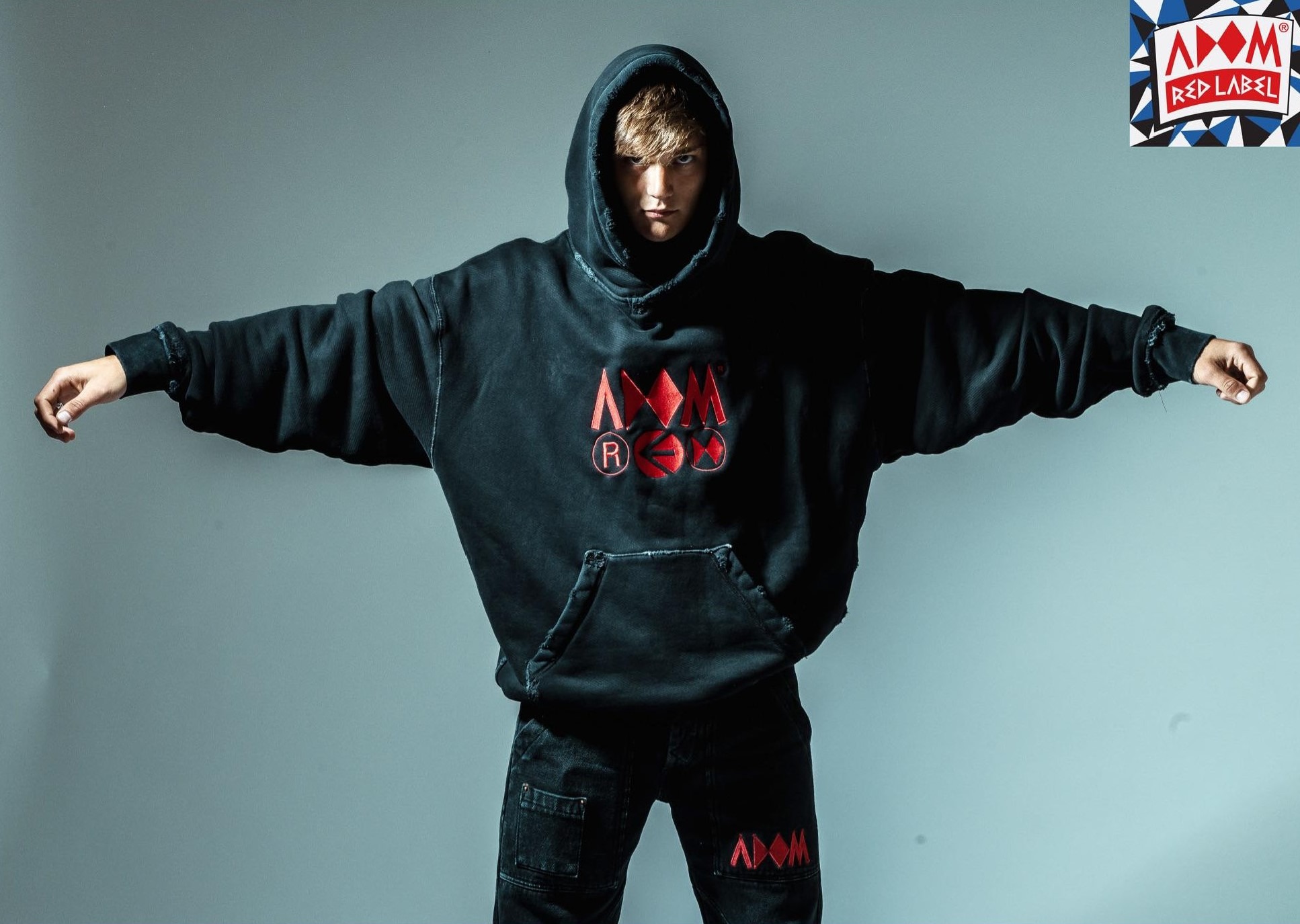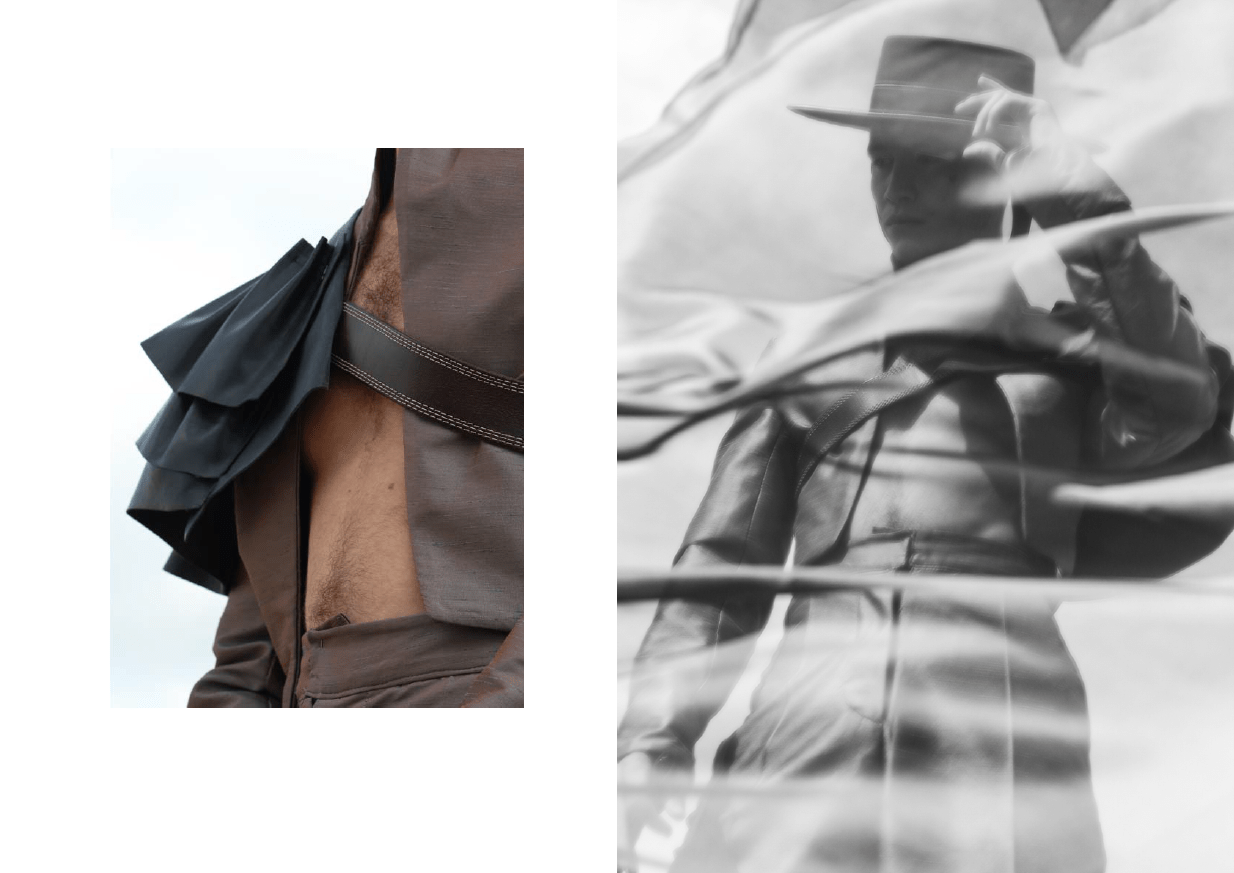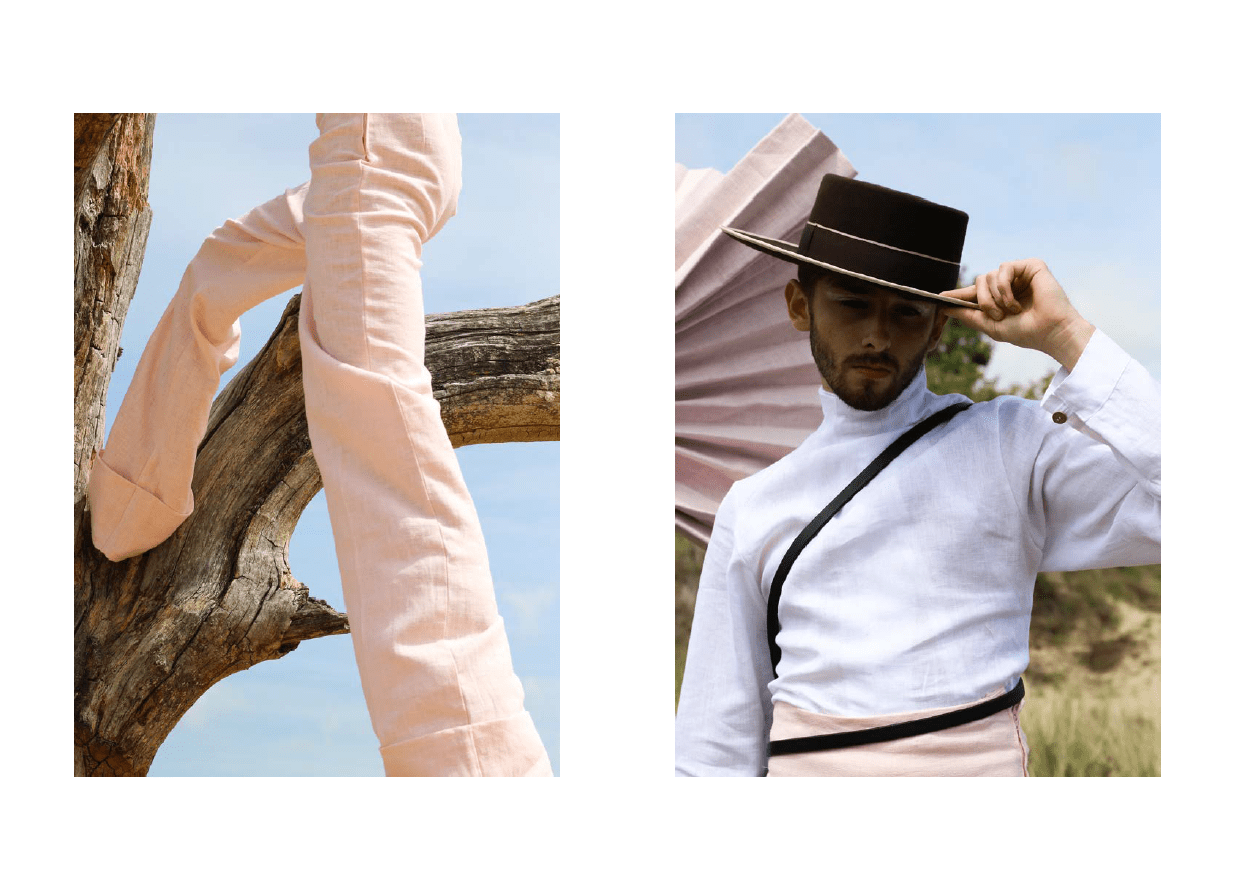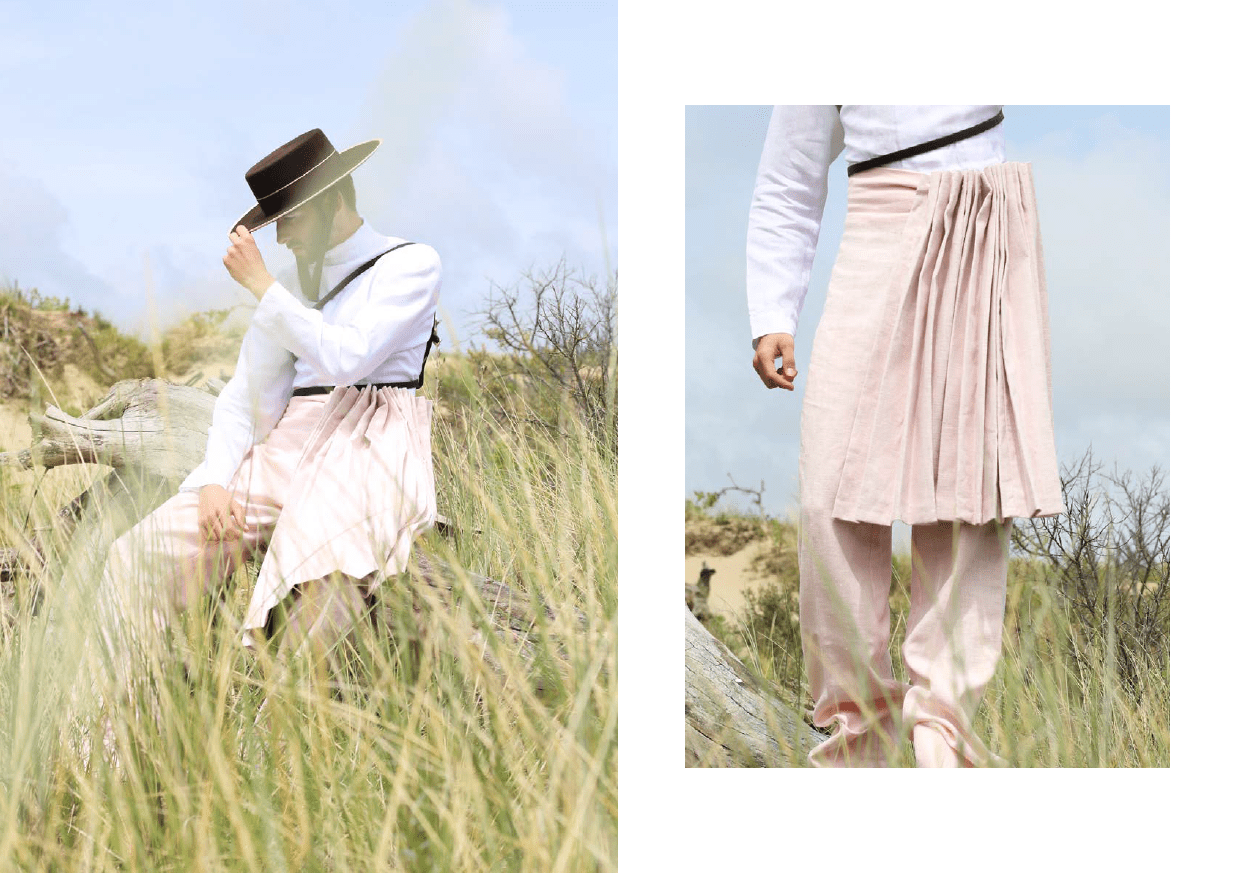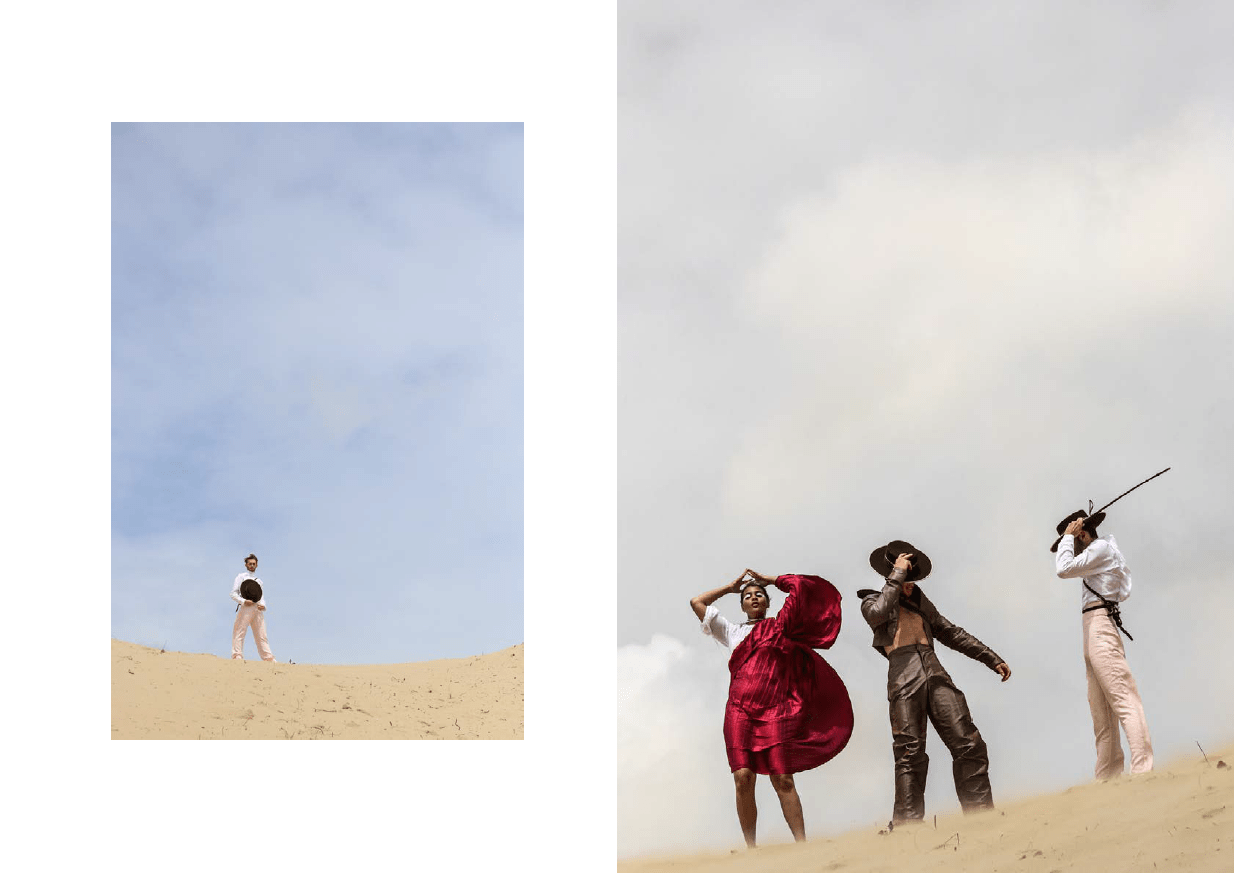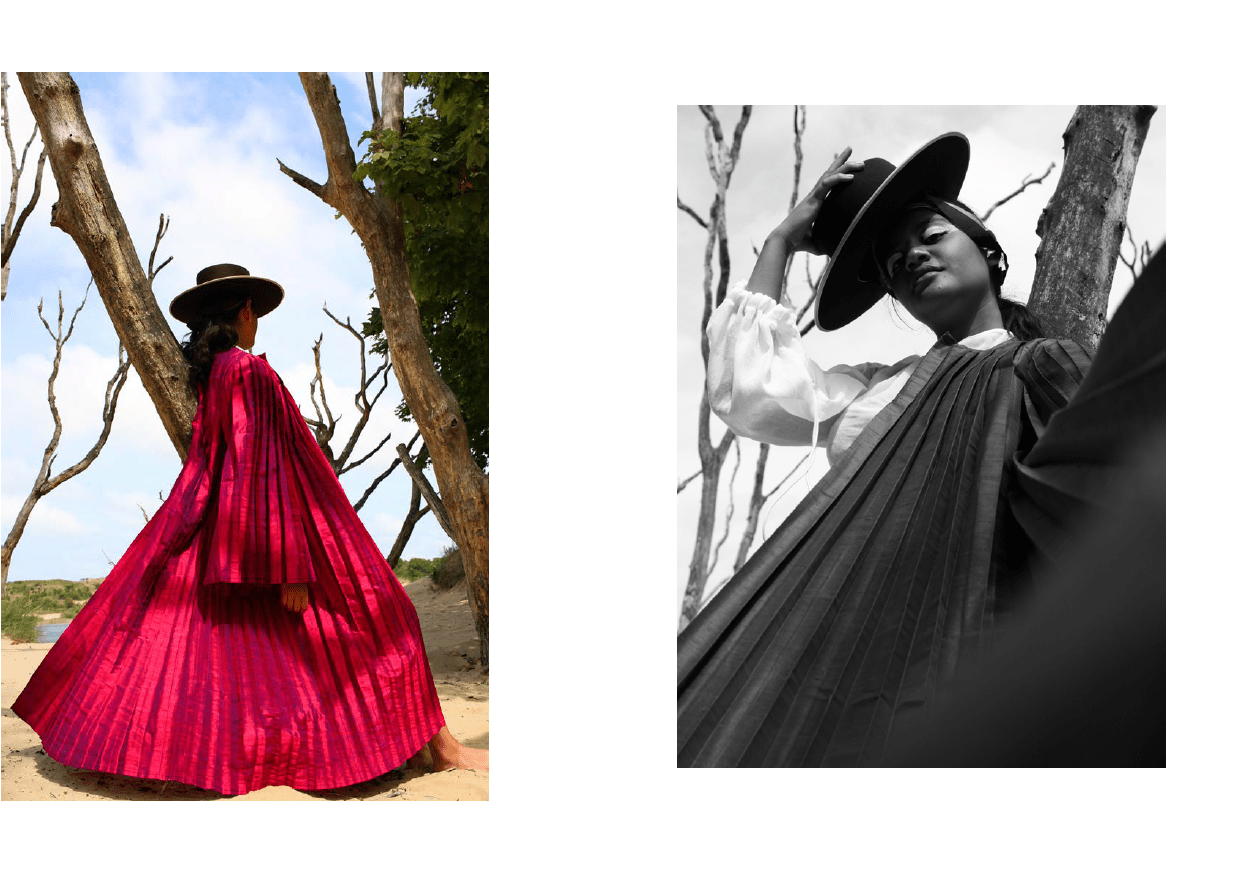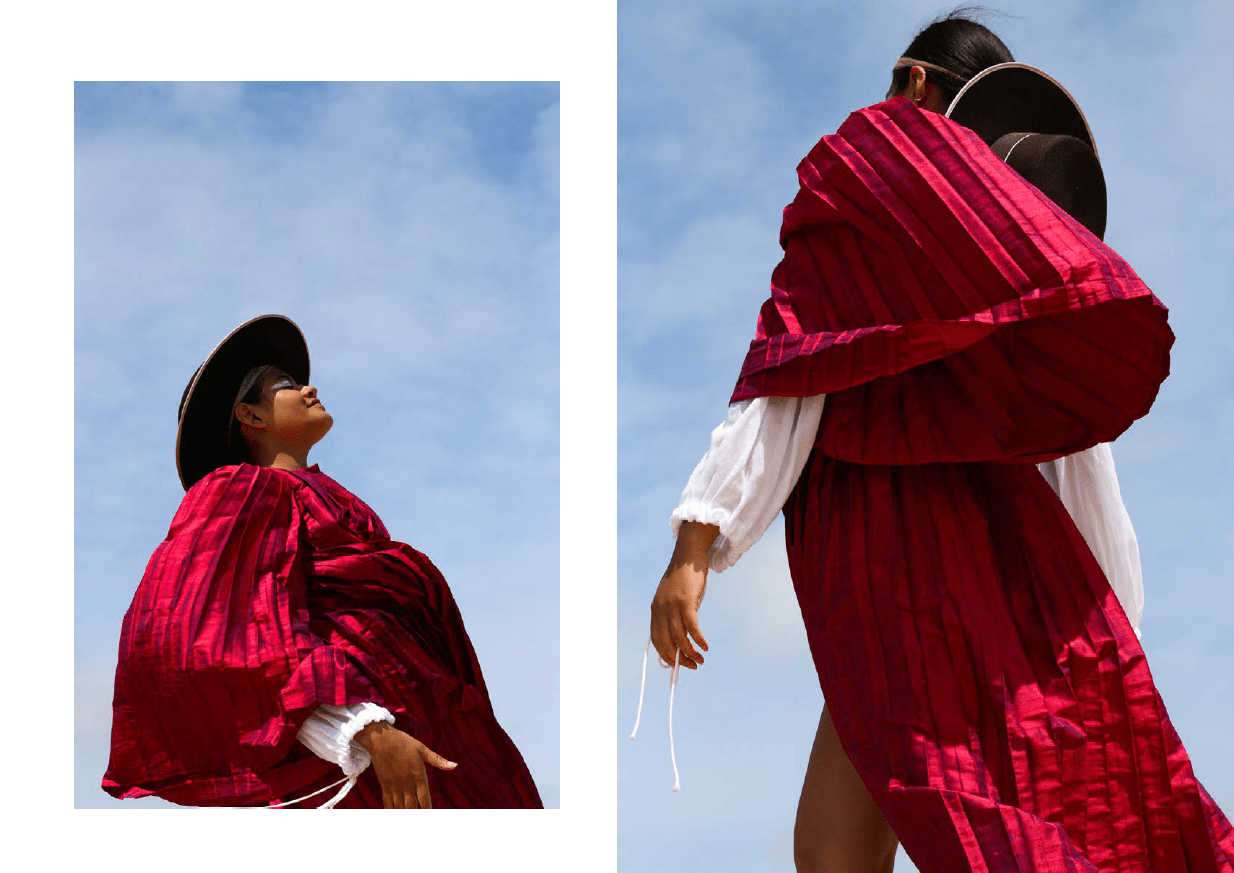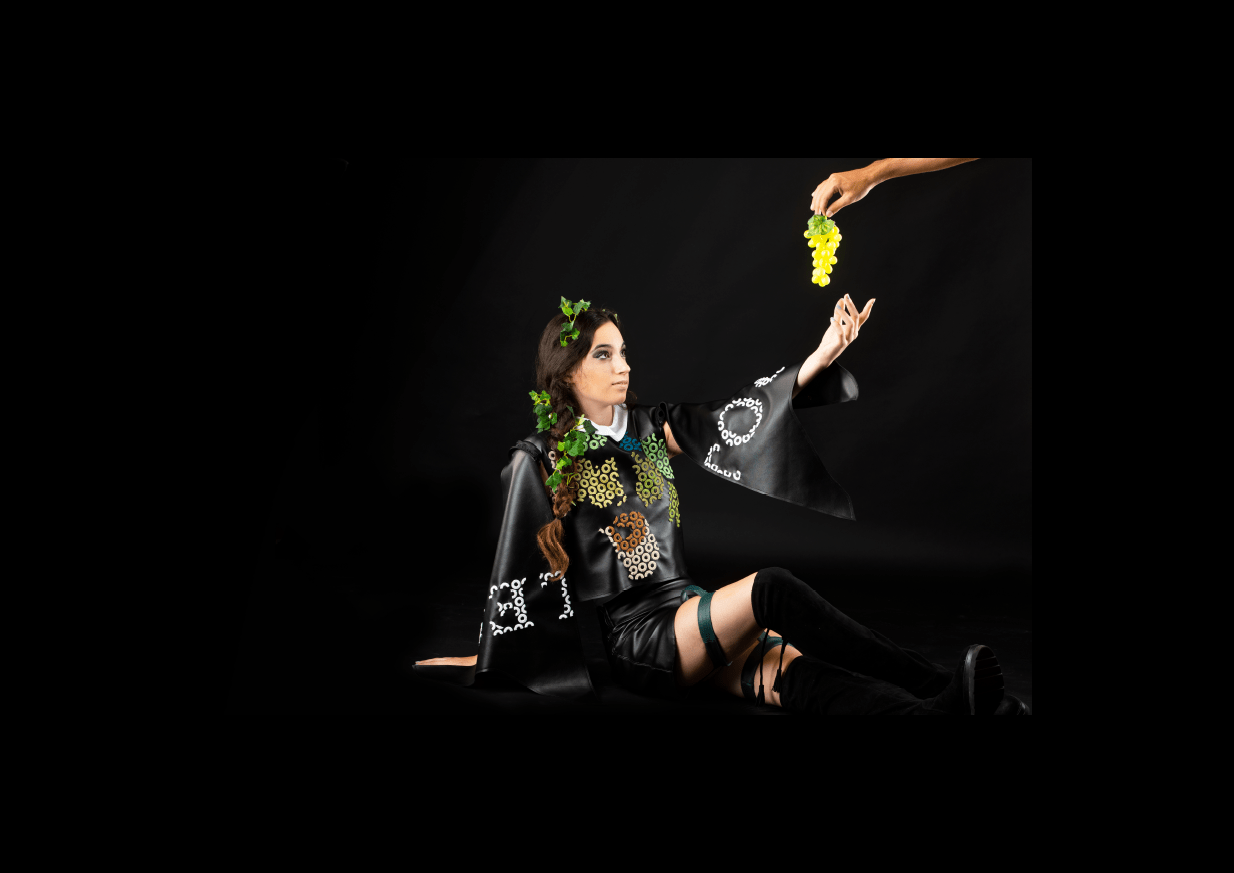Bachelor’s degree Fashion Design (Honours)

Join us at our upcoming Open Day to dig deeper into this exciting journey to become a fashion designer. Explore our facilities, meet our experienced lecturers, and participate in hands-on workshops. Your future in fashion starts here!
Experience the Amsterdam Fashion Academy like never before during our exclusive Open Days. These personalized experience, led by our experienced lecturers, offer an in-depth exploration of the fashion world.
Explore our campus, including captivating fashion exhibitions, receive detailed explanations about our programs, and seize the opportunity to connect with our community of current students and accomplished alumni. Plus, prepare to immerse yourself in our exciting hands-on workshops, allowing you to discover your passion and potential firsthand.

Applications for the Academic year 2024-2025 are open.
Do you dream of pursuing a rewarding career as a Fashion or Textiles Designer in the fashion industry? Then the Amsterdam Fashion Academy is the perfect choice for you! This unique programme consists of both conceptual and trend-driven design work. You will learn to use cutting-edge digital tools such as CLO3D, how to develop a brand, creative cutting techniques, traditional pattern cutting, textiles, research, illustration, business and manufacturing skills. Additionally, live industry projects will give you valuable ‘live industry’ experience and a chance to showcase your new skills. This 3-year programme culminates in a final professional collection show and portfolio outcome exhibition.

Accreditation: Buckinghamshire New University
Duration: 3-year full-time programme
Language: English only
Dates: September 2024 to June 2025
ECTS credits: 180
Tuition fee: € 16.000 per year*
Application fee: € 350
Admission: applications for the academic year 2024/2025 are open.
Maximum number of students: 30 students divided in two groups.
*The tuition fee of €16.000 is available for students who pay on or before the 10th of April, 2024. The Tuition fee for students who pay after the 10th of April, 2024 is €17.000
The tuition fee for students who progress to the following year with no resits is € 16.000.
The tuition fee for students who progress to the following year with one or more resits is € 17.000.
Students with a Dutch passport and who have resided in the Netherlands for at least three of the preceding six years prior to the date of enrolment are eligible for student finance from DUO.


A Fashion Design Programme With a Focus on Digital Fashion, Brand Development and Entrepreneurship.
The Amsterdam Fashion Academy BA (Hons) Fashion Design programme has been specifically designed to provide you with a greater understanding and experience of the creative processes and the knowledge and technical skills required to enter the fashion industry: you will graduate from Amsterdam Fashion Academy with a thorough grounding in what is needed to find employment in the world of fashion.
Whether you plan to work at a top international fashion house or start your own fashion label, our Fashion Design degree programme will help you realise your unique potential. Additionally, your internship with an actual brand will give you a taste of how the fashion industry really works and will prepare you to face your future with first-hand experience and confidence.
People often learn best by doing and our programme, with its ‘hands on’ approach, fits with this idea perfectly. Our Fashion Design programme encourages you to embrace entrepreneurship, diversity and a sustainable attitude to fashion. You will also be learning first-class digital skills: future-proofing your employment opportunities whilst simultaneously lessening your environmental impact on the world.
Additionally, all our fashion programmes are constantly reviewed and updated in conjunction with Amsterdam Fashion Academy’s industry board; ensuring our programme materials and practises remain cutting-edge and relevant in a fast-moving industry.
Being based in the capital of the Netherlands, the programme links closely with both global and smaller local creative industries and practitioners that embody Amsterdam’s reputation as a cool, creative and entrepreneurial city.
YEAR 1
Year 1 is about introducing you to new concepts, techniques, ways of working, idea generation and familiarising you with the typical structures within the fashion industry.
Portfolio One
- Design Concept — introducing you to the design process, how to build a concept, how to apply the concept to colour palette, fabric choice, silhouette, shapes etc.
- Fashion Illustration — learning how to express yourself through drawing whilst using new and experimental techniques.
- Technical Design — you’ll understand how to translate creative visions into technical drawings.
- Fabric Technology — explore the diverse world of textiles, their properties, and applications in fashion design, gaining expertise in making informed fabric choices to elevate your designs.
Materials & Processes
- Basic Sewing & Construction — learn essential sewing techniques and garment construction skills, equipping you with the fundamental tools needed to bring your fashion designs to life.
- Applied Pattern Cutting — you’ll develop your pattern cutting skills to create tailored, well-fitted garments.
- Textile Techniques — you will explore techniques such as knitting, weaving, print design and natural dying to gain an understanding of fabric and how it can be used in fashion design.
Contextual Studies & Theories
- Fashion Contexts & Theory — a study of the history of art and culture and how these subjects relate to and are manifested in the current fashion industry.
- Lecturers & Seminars — class-based activities and research based on each week’s topic.
- Writing Support — guidance in how to write and research in an academic style, preparing you for writing essays, reports and anything else that requires a formal style of writing.
Business Studies and Entrepreneurship
- Sustainability — Gain insight into the future of fashion with a focus on sustainability. Explore eco-friendly practices, ethical sourcing, and innovative approaches to minimize fashion’s environmental impact.
- Intro to Fashion Industry — familiarising you with all the different job roles in the fashion industry and understanding the importance of each one.
- Personal Development Coaching— CV’s, motivation letters and interview techniques are studied to help you prepare for entering the fashion industry. Mental health discussions/awareness to ensure you feel supported and nurtured.
YEAR 2
Year 2 is about applying the knowledge you learnt in the first year. This year has more of an industry and market focus to help you prepare for your internship.
At the same time, from March onwards, you will go on your internship. You are supported throughout the first semester in preparation for your internship and your lecturer will also practise interview techniques with you and help with applications. We have a network for internships but of course, you are free to choose where you wish to complete your internship, including abroad. Internships last 3-5 months.
Portfolio Two
- Fashion Design — building on your first-year knowledge, you will work to industry standards, employing a more professional approach to design.
- Fashion Illustration — techniques are refined to better help you communicate design ideas to industry standards.
- CLO3D — an introduction to cutting-edge 3-D digital software program CLO3D, used to create digital garments.
Design Realisation
- Advanced Pattern Cutting & Construction — building on techniques learnt in Year 1 with the aim of creating more complex, technical garments.
- Draping Techniques — or fabric manipulation/three-dimensional design, a technique that allows you to sculpt garments directly on a mannequin.
Contextual Studies & Theories
- Cultural Histories — continuing on from where Year 1 ended, up to the modern day.
- Fashion Theory — you will develop a profound insight about fashion within its cultural context and gain knowledge of the appropriate theories, themes and authors and be able to apply, discuss and argue the issues offered.
- Research Methodology — in this critical module, you’ll develop strong research skills tailored to the fashion industry. Explore effective research techniques, data analysis, and trend forecasting methods, empowering you to stay ahead of the curve and make informed design decisions in a dynamic fashion landscape.
- Theoretical Analysis — dive into the intellectual side of fashion as you explore theories, concepts, and critical perspectives that underpin the industry. This module encourages you to dissect and analyze fashion from a theoretical lens, enhancing your ability to create fashion that tells meaningful stories and reflects societal influences.
- Written Expression of Ideas — sharpen your ability to communicate your creative vision effectively through the written word. This module empowers you with the skills to articulate your fashion concepts, inspirations, and design philosophies in a compelling and coherent manner, ensuring your ideas resonate with clarity and impact.
Industrial Practice In Global Context
- Go-To-Market Project — you will learn how to effectively build a brand and market it appropriately.
- Business Plan — linked to the go-to-market project, you decide on an idea, begin to develop a business plan and see how it feels to be your own boss!
- Internship Preparation — preparing for internship by learning how to apply to a company, interview techniques and how to conduct themselves on a personal level whilst completing an internship. Students maintain contact with their lecturers for the entirety of their internship, so they have support.
- Action Plan & Report — prepare for your internship journey by crafting a strategic action plan and report. This module guides you in setting clear objectives, developing a structured plan, and documenting your experiences to maximize your learning and professional growth during your internship in the fashion industry.
YEAR 3
Year 3 is all about innovation. The lecturers act as coaches to help bring your ideas to life in a professional, creative way. You will graduate with your own personal design collection portfolio and physical garments, academic research in the form of a dissertation to support your personal project as well as industry projects showing diversity within your graduate portfolio.
Final Collection
- Students Pathways — you will explore and choose your unique career pathway in the fashion world. Some examples include conceptual/prêt-á-porter collection, commercial, or even digital collection.
- Personal Concept Development — this module focuses on your creative abilities and helping you refine your unique design style after choosing the pathway you want to follow. Through self-exploration and concept development, you’ll learn to express your creativity authentically and transform personal inspirations into distinctive fashion concepts.
- Collection Design and Presentation — you will physically or digital create a collection, depending on the pathway you choose, of outfits from your portfolio using the techniques and knowledge acquired in Years 1 & 2. You will also exhibit your work to industry professionals, friends and family before graduating.
Applied Research
- Critical Thinking — critical thinking skills are cultivated, empowering you to approach design problems, industry issues, and creative decisions with clarity and strategic insight.
- Research Methodology — you explore qualitative versus quantitative data collection, surveys and other industry-appropriate ways to gather research data.
- Contextual Essay — you will learn to do research and analyze fashion-related topics, placing them within their historical, cultural, and societal contexts, and write you final dissertation.
- Project Proposal — you will focus on developing a comprehensive project proposal specifically tailored to your final dissertation.
- Critical Reflection — through critical reflection, you’ll examine your own experiences, creative processes, and industry insights, gaining a deeper understanding of your journey as a fashion professional.
Professional Practice
- Live Industry Briefs & Feedback From Industry Clients — you will create two industry projects for existing fashion brands to show how you are able to use your creative design skills in a real-world industry setting.
- Industry Preparation — gain valuable insights into professional practices, networking, job market dynamics, and career development strategies.
Year 1 tuition fee:
The Year 1 early bird tuition fee of € 16.000 is available for students who apply on or before the 9th of February, 2024 and enrol by the 26th of April 2024.
The tuition fee for students who apply after the 15th of May, 2024 is € 17.000.
Year 2 and 3 tuition fees:
The tuition fee for students who progress to the following year with no resits is € 16.000.
The tuition fee for students who progress to the following year with one or more resits is € 17.000.
Application fee: €350
The application fee is due at the moment of application and is non-refundable unless the Amsterdam Fashion Academy won’t accept you in the programme. This is a one-time fee, so you only need to pay during in the process of admission.
Tuition fee:
Students who apply before the 9th of February, 2024 will be invited to an Interview Day or Admission Interview. If the student is accepted, a deposit (20% of the early bird tuition fee) is required before the 29th of March, 2024. The remaining amount must be paid before the 15th of July 2024, or according to the payment plan agreed previously.
Students who apply after the 9th of February, 2024 won’t be able to attend an Interview Day, but will have a personal admission interview on an agreed date. If the student is accepted, we will request the payment of a deposit (20% of the tuition fee) 3 weeks after the acceptance date. The remaining amount must be paid before the 15th of July, 2024 or according to the payment plan agreed previously.
Payment Plans
Option 1 (no surcharge)
- 20% payment before 29th of March, 2024 (early bird tuition fee), or 3 weeks after acceptance (regular tuition fee).
- 80% payment before July 15th, 2024
Option 2 (+3% surcharge)
- 20% payment before 29th of March, 2024 (early bird tuition fee), or 3 weeks after acceptance (regular tuition fee).
- 40% payment before July 15th, 2024
- 40% payment before January 15th, 2025
Option 3 (+5% surcharge)
- 20% payment before 29th of March, 2024 (early bird tuition fee), or 3 weeks after acceptance (regular tuition fee).
- 20% payment before July 15th, 2024
- 20% payment before October 15th, 2024
- 20% payment before January 15th, 2025
- 20% payment before April 15th, 2025
DUO
Students with a Dutch passport and who have resided in the Netherlands for at least three of the preceding six years prior to the date of enrolment are eligible for student finance (studiefinanciering) from DUO.
The Amsterdam Fashion Academy is a non-governmental and non-subsidized institute.
Fees are equal for Europen and non-European students.
Please be informed that we are not legally able to sponsor non-EEA students for a study visa. Applicants must have an EEA passport (27 EU member states; Iceland; Liechtenstein; Norway; Switzerland) or Dutch residents permit to study in the BA (Hons) Fashion Design.
Students must have one of the following high school diplomas:
- International Baccalaureate Diploma minimum 28 points;
- Foundation Diploma in Art & Design (Level 3);
- European Baccalaureate;
- Austria: Reife- und Diplomprüfungszeugnis or Reifezeugnis/Reifeprüfungszeugnis;
- Belgium: Certificat d’Enseignement Secondaire Supérieur, enseignement artistique/technique or general; or KSO, TSO, ASO;
- Bulgaria: Diplomaza Sredno Obrazonvaine (Diploma of Secondary Education);
- Croatia: Svjedodžba o (državnoj) maturi or Svjedodžba o zavrsnom ispitu;
- Czech Republic: Vysvědčení o maturitní zkoušce obtained at a Gymnázium;
- Denmark: Højere Handelseksamen (HHX)/Højere Teknisk Eksamen (HTX) or Studentereksamenbevis (STX)/Bevis for Højere Forberedelseseksamen (HF);
- Estonia: Gümnaasiumi lõputunnistus;
- Finland: Ylioppilastutkintotodistus/ Studentexamenbevis/ Matriculation Examination Certificate;
- France: Baccalauréat Technologique or Général;
- Germany: Zeugnis der Allgemeinen Hochschulreife (Abiturzeugnis) or Fachhochschulreife;
- Greece: Apolytirio Genikou Lykeiou;
- Hungary: Gimnáziumi Érettségi Bizonyítvány or Szakközépiskolai Érettségi-Képesítö Bizonyítvány;
- Ireland: Leaving Certificate with at least 5 subjects of the established programme, including 5 subjects with at least O6 or H7, and at least 200 CAO points; or Leaving Certificate with at least 6 subjects of the established programme, including at least 2 subjects with H5 or higher, 4 subjects with at least O6 or H7, and at least 350 CAO points.
- Italy: Diploma di Superamento dell’Esame di Stato Conclusivo dei Corsi di Istruzione Secondario Superiore (liceo classico / scientifco / linguistico / scienze umane);
- Lithuania: Brandos Atestatas;
- Luxembourg: Diplôme de fin d’études secondaires classiques or générales; or Diplôme de technicien (DT);
- Netherlands: MBO 4, HAVO 5, VWO 6;
- Norway: Vitnemål for Videregående Opplaering;
- Poland: Świadectwo dojrzałości (maturiteitscertificaat);
- Portugal: Diploma/Certificado/Cer tidão do Ensino Secundário;
- Romania: Diplomă de Bacalaureat;
- Slovakia: Vysvedčenie o maturitnej skúške obtained at a Gymnázium or a Vysvedcenie o Maturitnej Skuske with a minimum overall score of 2.4;
- Spain: Título de Bachiller;
- Sweden: Högskoleförberedande Examen;
- Switzerland: Berufsmaturität/ Fachmaturität/ Specialised Maturity Certificate; or Maturity Certificate/ Maturitätszeugnis/ Maturitätsausweis/ Certificat de Maturité;
- UK: BTEC Level 3 National Extended Diploma; or Access to HE Diploma; or 4 GCSEs (with grade A* to C or 9 to 4) plus 2 subjects at AS level (with grade A* to C); or 4 GCSEs (with grade A* to C or 9 to 4) plus 2 subjects at A level (with grade D/E); or 3 GCSEs (with grade A* to C or 9 to 4) plus 3 subjects at A level (with grade A* to C).
- USA: US High School Diploma with GPA 2.8 or better, plus SAT scores (if taken in 2016 or later) of 1050 or better; or US High School Diploma with GPA 2.8 or better, plus SAT scores (if taken before 2016) of 1600 or better; or US High School Diploma with GPA 2.8 or better, plus two or three Advanced Placement tests with scores of 3 or better; or US High School Diploma with GPA 2.8 or better, plus ACT scores of 24 or better; or a transcript showing successful completion of one year of a Bachelor’s degree from a recognised American university with GPA 2.0
- For other countries, please contact us.
Portfolio
What are we looking for in your portfolio?
- School art projects that show working and experimenting with various media;
Research skills; - Creative curiosity;
- Willingness to experiment;
- Playing with line, colour, shadow etc.;
- Show your developments as well as your final pieces;
- If you have sewing skills take good photo’s of your garments;
Never studied fashion design before?
We know most students have never studied fashion design before, however personal fashion design projects show you are proactive and engaged with the subject. A basic fashion project should include:
- Mood board: images that inspire you to create;
- Colour palette: use your imagery to select colours for your designs;
- Designs: can be collages, drawings etc.
If you need guidance in building up your portoflio, please let us know. We will be more than happy to give you personal help.
Step 1: Fill out the Request for Information form or sign up to an Open Day; (this is not mandatory)
Step 2: We will send you more details by email and we will schedule a call or meeting with you; (this is not mandatory
Step 3: Submit the application form; letter of motivations, digital portfolio, secondary school diploma or transcript of grades or proof of enrolment.
Step 4: We will invite you to attend an Interview Day or an interview on campus or online on another date.
After evaluating your application, we will might invite you to attend an Interview Day.
The Interview Day is a big opportunity to experience the Amsterdam Fashion Academy for a full day, meet other international applications, explore Amsterdam and work with your future lecturers. Thanks to the Interview Day, you will have a clearer idea if the Amsterdam Fashion Academy is the right place for you.
*The interview will take approx. 1 hour.
Depending on that date of the submission of your application, we will invite you to the first available Interview Day.
We will communicate you the result of your Interview Day within two weeks after the interview.
ADOM Red by Nathan Barilari Hassan
Rebecca van Caem
Edurne Goikoetexea
The Amsterdam Fashion Academy Bachelor with (Hons) in Fashion Design programme unlocks a wide array of career possibilities within the fashion industry. Our comprehensive curriculum equips you with the skills and knowledge needed for various roles in the field such as:
- Fashion designer
- Pattern cutter
- Textiles designer
- Knitwear designer
- Product developer
- Fashion buyer
- Fashion journalist
